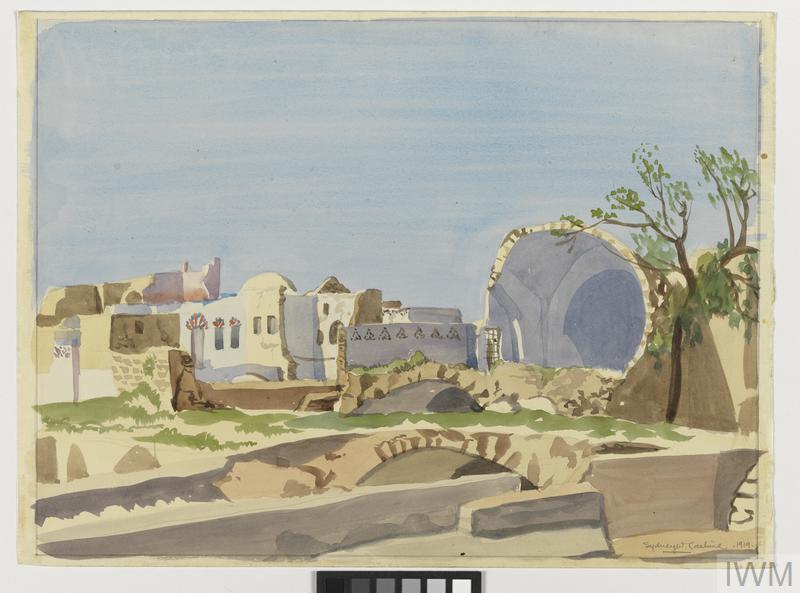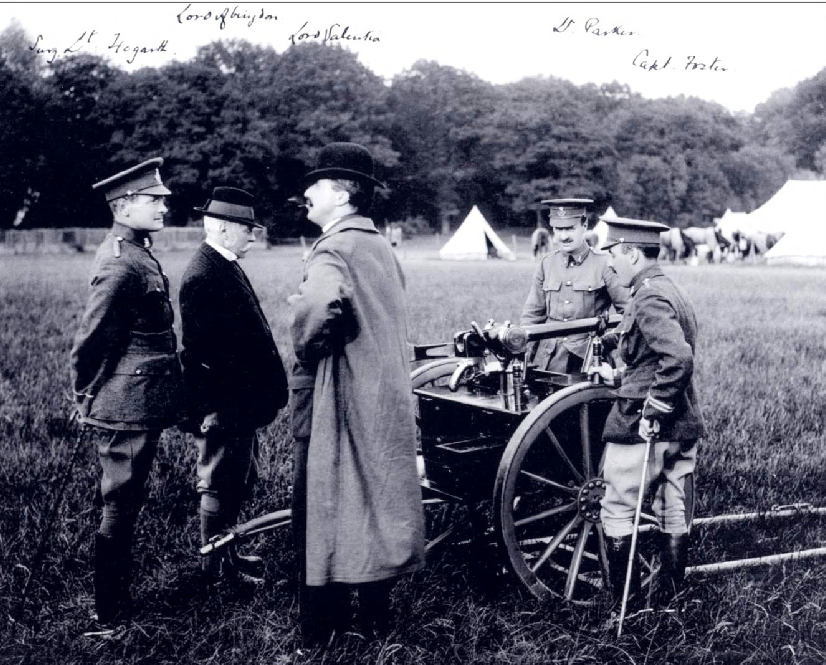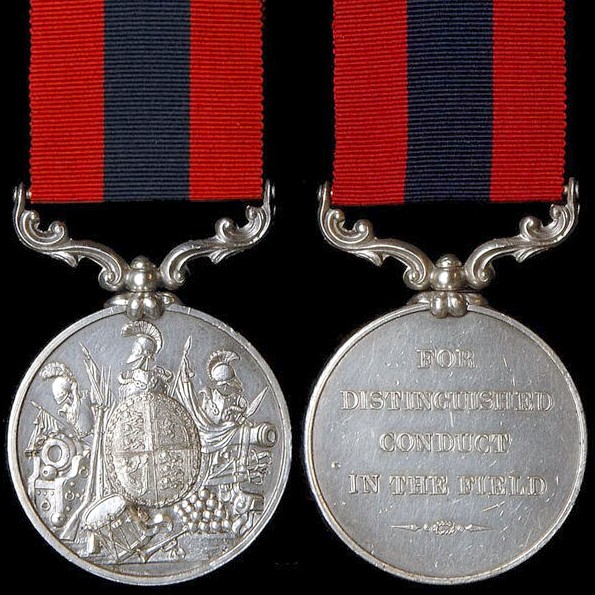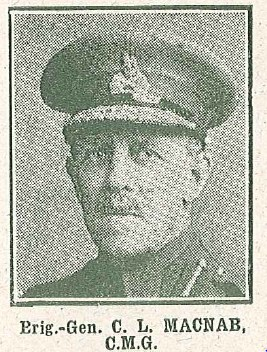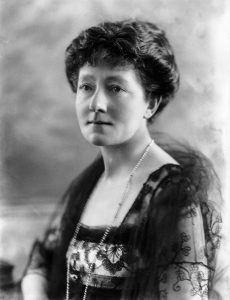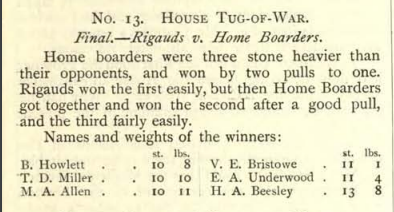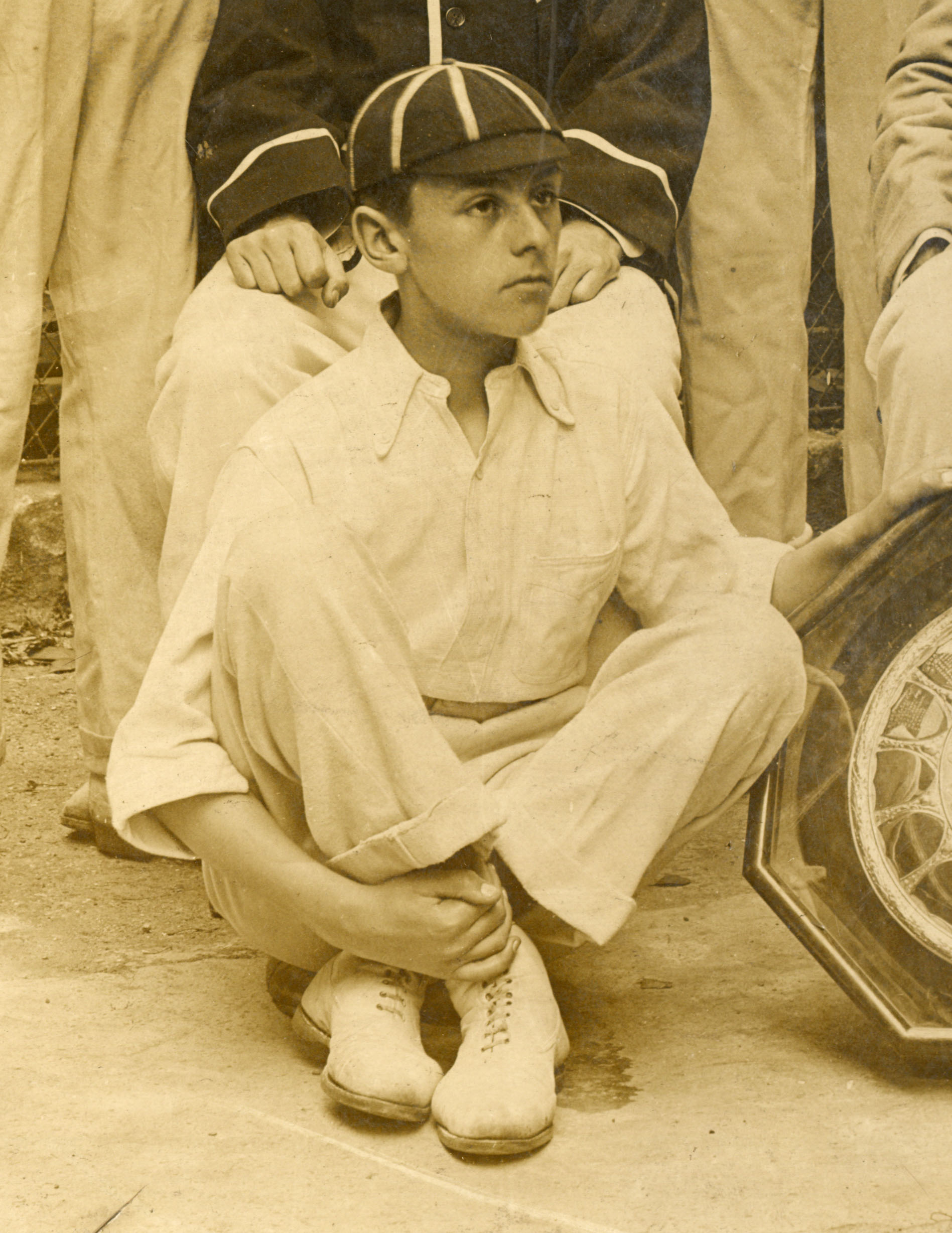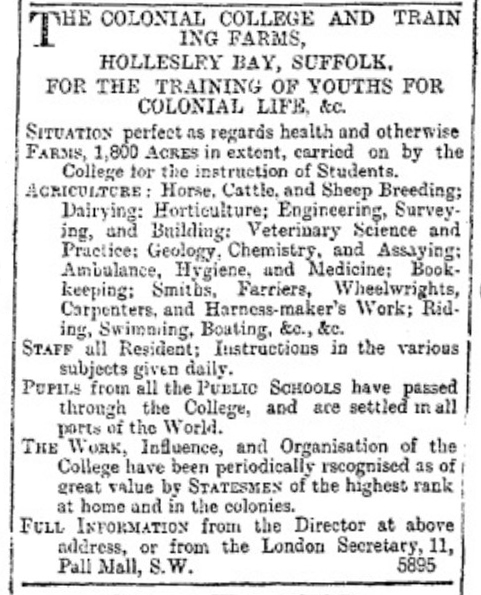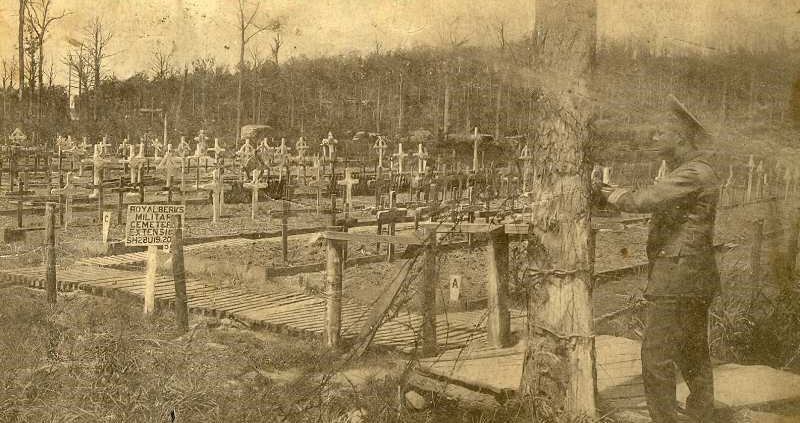George Hall Stack
George Stack was the son of Richard Stack, an Irish physician. He was born in 1879 and joined Westminster School in 1893. He was admitted as a Queen’s Scholar and remained with the school for a year, before leaving in April 1894. Little is known of his time at the school, and it is not until he joined the military in 1898 do firm records of his life begin.
He enrolled in the Royal Military Academy at Woolwich, and remained there for three years, finishing his military training and leaving in 1901. Stack became Lieutenant in 1901, and served in South Africa for two years. He was then involved in fighting during the Great War, having gained the rank of Captain in June 1907.
Throughout his time on the front he continued to climb the ranks for the British Forces, becoming Major in 1915 and Brevet Lieutenant-Colonel in 1917. This final rank was awarded to him only partially, the word ‘Brevet’ signalling that he had earned the rank through gallantry and bravery in the field, but did not have the authority of a Lieutenant-Colonel.
Stack is mentioned several times in despatches, primarily during 1916 and 1917. In 1917 he was wounded, yet no records indicate whether he was invalided home or rested at a military field hospital.
Once more there is a gap in the records, and tragically we hear no more of George Stack until 1919. It was this year that he passed away, losing his life in Gaza in September 1919. How he came to be there, and what his role was in this capacity is unknown, as is the manner in which he died.
